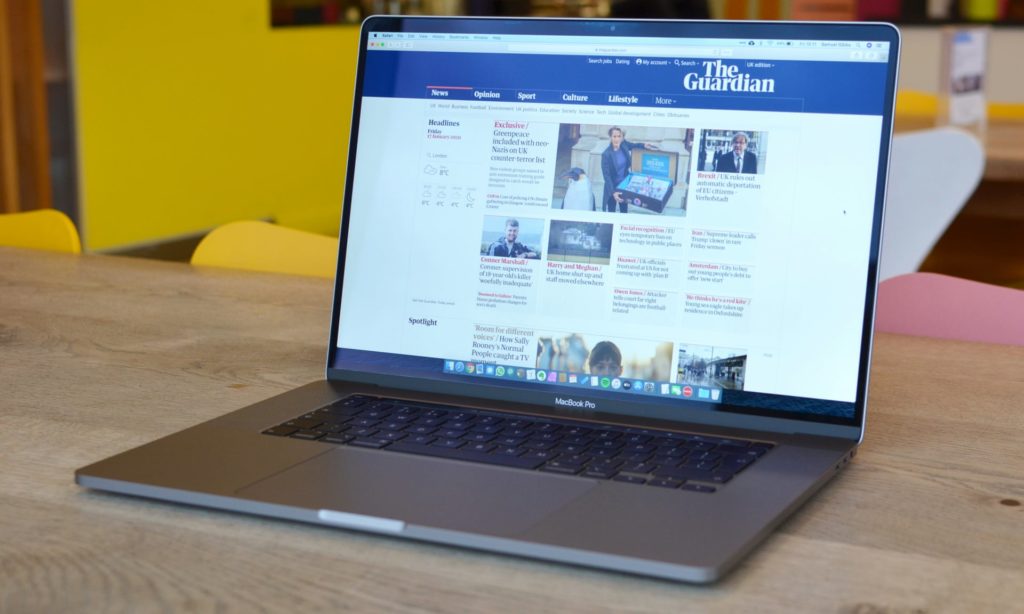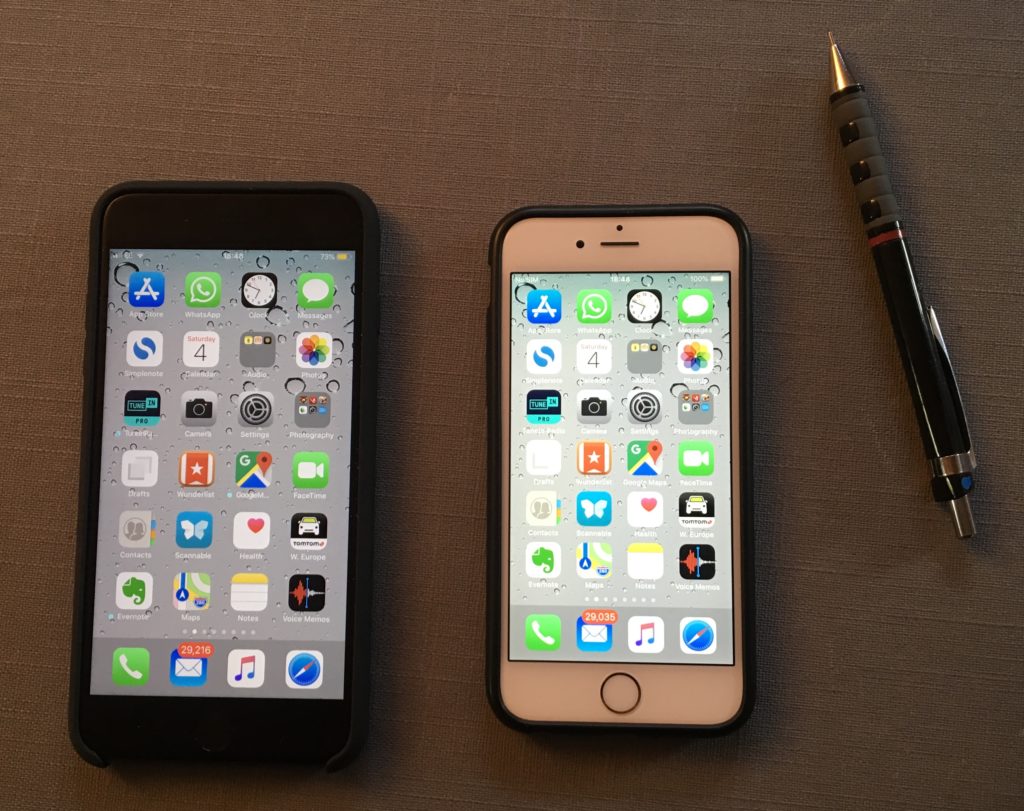What happens after the Senate acquits Trump?
I’ve just been listening to The Daily podcast about the Impeachment proceedings against Bill Clinton. Am struck by the fact that there are a few similarities, but also some radical differences. The biggest differences are that (a) in the Clinton case there was cross-party consensus to avoid the hysterically partisan circus that had been staged in the House when drawing up the charges; and (b) that the two party leaders in the Senate worked together to get the job done. Clinton was acquitted because on neither count was there any prospect of a two-thirds majority. Then everything went back to normal: Clinton served to the end of his term, even though he was clearly guilty of perjury, but otherwise was regarded as a functional president.
With the Trump trial, there is zero consensus in the Senate, and the leader of the Republican majority seems to be liaising with the defendant on how the trial should be conducted. There is zero chance of conviction. And while Clinton was clearly a scumbag in certain respects, the crimes and misdemeanours of which he was accused did not involve conspiring with agents of a foreign country to act in his domestic political interests. He just couldn’t keep his trousers on.
So when Trump walks free from this charade, what next? The whole thing has been a blatant demonstration that the Constitution doesn’t protect the republic from a president who seeks to use the power of the office entirely for his own benefit. It will show that he can behave with Complete impunity. Maybe he could indeed shoot someone on Fifth Avenue and still escape justice (as he once said). So what’s the difference now between the USA and a monarchy?
As Capability Brown Envisaged it
He designed this landscape.
The new MacBook Pro: thicker, heavier, better — and pricier
Starts at £2399 and goes to £5769 fully loaded. Useful review here. Can’t see any reason for upgrading from my trusty MacBook Pro.



